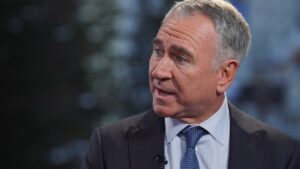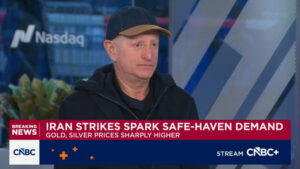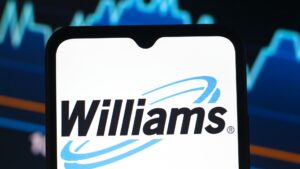Share this page:
The cost of petrol and diesel in the UK just keeps getting higher.
For example, in the last week, the price of diesel has reached a new record high of 151.21p per litre, surpassing the previous record of 151.1p set in November 2021. Meanwhile, petrol prices are at 147.67p per litre, just 0.05p less than the previous record also set in November.
So, with motorists facing some of the highest prices in history at the pump, how can they keep their costs to a minimum? Here are a few helpful tips.
Why are petrol and diesel prices rising?
Before we get into how to keep your fuel costs to a minimum, it’s worth taking a look at why prices are rising.
The price you pay for petrol or diesel at the pump is usually determined by wholesale fuel prices. These wholesale prices are, in turn, influenced by several factors, including:
- The global price of crude oil
- Supply of and demand for crude oil
- The pound to dollar exchange rate (since crude oil prices are usually quoted in US dollars).
The most recent increase in petrol and diesel prices is primarily due to a surge in global crude oil prices. The price of crude has risen by more than 60% in the last year, from around £60 in February 2021 to as high as £98 in the last week.
According to The Guardian, this rise in price is being driven by increased demand for crude oil following the easing of Covid-19 travel restrictions. Unfortunately, some of the world’s biggest suppliers of oil have not been able to keep pace with the rising demand.
Tensions between Russia (the world’s third-largest oil producer) and Ukraine have also contributed to rising crude oil prices.
How can UK motorists keep fuel costs to a minimum?
With motorists facing high prices at the pump, the RAC has shared a few tips on how to keep your petrol and diesel costs to a minimum.
1. Driving efficiently
Driving efficiently is by far one of the most effective ways to save money on fuel. But what does ‘driving efficiently’ actually mean? It could mean:
- Having a ‘light right foot’, ensuring any acceleration is gentle and driving using the highest gear possible within the speed limit.
- Driving at a constant speed, for example, using cruise to avoid the need for any unnecessary acceleration.
- Maintaining your vehicle to improve efficiency and reduce fuel consumption.
- Using your air conditioning sparingly (your AC uses engine power, increasing fuel consumption).
- Combining journeys (making one round trip rather than several short trips).
2. Becoming familiar with filling stations close to where you live
Competition between different retailers means that there might be noticeable differences in prices at the pump. You can discover the cheapest prices by keeping an eye on your local supermarket filling stations when doing your regular shopping.
As mentioned by the RAC, even a small detour to visit a cheap forecourt could result in savings a few pence per litre. Over a period of time, the savings could stack up considerably.
3. Use supermarket loyalty card programmes
Certain retailers offer loyalty card programmes that might help you drastically reduce your fuel bills. The more you fill up at a specific retailer, the more points you will earn, which you can then redeem for vouchers off your next fill up.
An example is the Tesco Clubcard loyalty scheme. When you spend on your Tesco credit card or scan your Clubcard when making purchases in the store, you will earn Clubcard points that you can turn into vouchers to use on your shopping or fuel, allowing you to save money.
4. Take advantage of credit card cashback
Some credit card providers offer cashback for spending money at the petrol station. While this will not necessarily save you money at the pump, it will put money back into your account. This may help you offset some of the higher fuel prices.
For example, the American Express Platinum Cashback Everyday Credit Card, while not specifically offering cashback for fuel purchases, offers a welcome bonus of 5% cashback on all spending (including fuel) up to £2,000 for the first three months. That means that you could earn as much as £100 in cashback.
However, make sure to pay off your balance in full at the end of the month. Otherwise, any savings will be cancelled out by interest charges.
Was this article helpful?
YesNo
About the author
Sean is a personal finance writer with a strong passion for helping others become more financially literate and make better financial decisions. He covers everything from credit cards to savings to investing.
Share this page:
Some offers on The Motley Fool UK site are from our partners — it’s how we make money and keep this site going. But does that impact our ratings? Nope. Our commitment is to you. If a product isn’t any good, our rating will reflect that, or we won’t list it at all. Also, while we aim to feature the best products available, we do not review every product on the market. Learn more here. The statements above are The Motley Fool’s alone and have not been provided or endorsed by bank advertisers. John Mackey, CEO of Whole Foods Market, an Amazon subsidiary, is a member of The Motley Fool’s board of directors. The Motley Fool UK has recommended Barclays, Hargreaves Lansdown, HSBC Holdings, Lloyds Banking Group, Mastercard, and Tesco.
This post was originally published on Motley Fool







